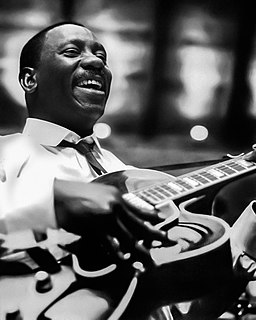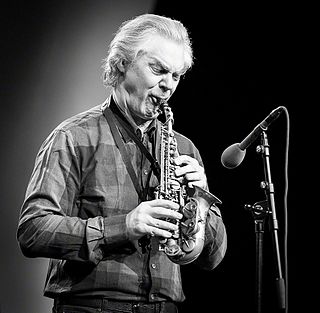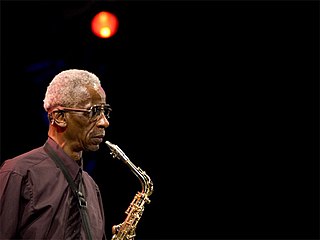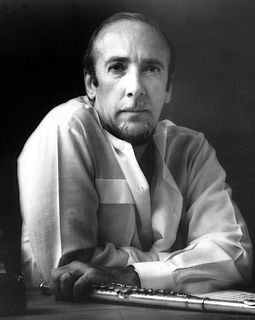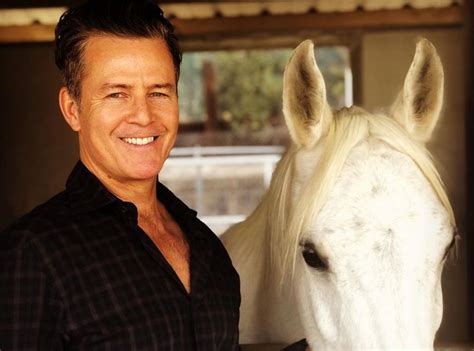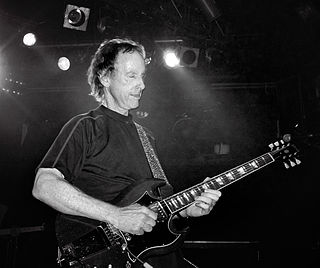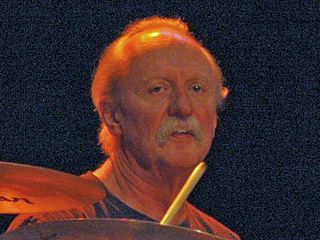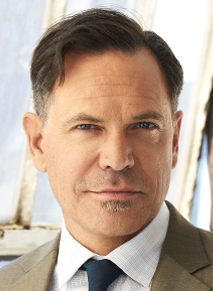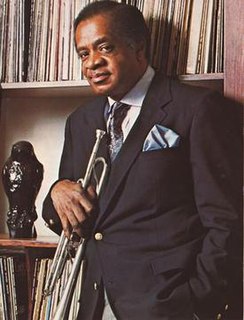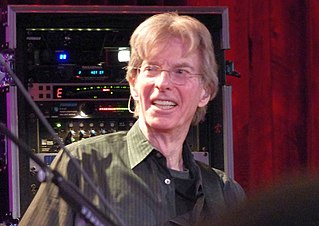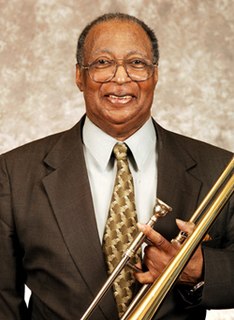A Quote by Wes Montgomery
You know, John Coltrane has been sort of a god to me. Seems like, in a way, he didn't get the inspiration out of other musicians. He had it. When you hear a cat do a thing like that, you got to go along with him. I think I heard Coltrane before I really got close to Miles [Davis]. Miles had a tricky way of playing his horn that I didn't understand as much as I did Coltrane. I really didn't understand what Coltrane was doing, but it was so exciting the thing that he was doing.
Related Quotes
It wasn't until I got out of the Army and I heard Coltrane's record 'Coltrane,' when he was doing 'Inch Worm' and 'Out of This World,' that I thought, 'Oh my God, you can do that?' And then I thought, 'OK, I better go back and listen to Eric Dolphy a bit.' And then I said, 'Hmm, I better pull out these Ornette Coleman records.'
The chords in 'Light My Fire' are based on [John] Coltrane's version of this song. He just solos over A minor and B minor, which is exactly what we did. Coltrane had played with Miles on Kind of Blue and took the idea of modal soloing over one or two chords farther out than anybody. He was a real pioneer - he just kept evolving, going where no one had ever gone. He could always attain this state of ecstasy when he played. Live, there was so much energy, you couldn't believe it. He would play for hours. It was indescribable.
I skipped school one day to see Dizzy Gillespie, and that's where I met Coltrane. Coltrane and Jimmy Heath just joined the band, and I brought my trumpet, and he was sitting at the piano downstairs waiting to join Dizzy's band. He had his saxophone across his lap, and he looked at me and he said, 'You want to play?'
... We borrowed it all from Coltrane. I started encouraging everybody in the band to listen to John Coltrane - 'Check it out, see what these guys do.' They take one chord, the tonic chord, and just play all over it. 'We can do that too!' I wanted to make our music something really amazing - I wanted it to be jaw-dropping and turn on a dime and do all of those things that I knew music could do, and nobody told us we couldn't do it. I shouldn't say 'I,' though - Jerry Garcia was behind it the whole way.
It was Miles Davis who took me to New York, and Coltrane was in the band, as well as Paul Chambers, Philly Jo Jones. 'Trane took me aside, and, of course, we did Blue Trane, which was my first album-and that started everything. He had confidence that I didn't have; he saw something that I didn't see.
